The underhanded, deceitful and deadly tactics employed by the U.S. government to infiltrate, dismantle and destroy Black leaders and groups must be fully exposed, demand activists.
Black Justice Advocates, a growing coalition of about 25 organizations and individuals working for passage of House Resolution 2998 (HR 2998), is intensifying its ground game in an effort to ensure that a bill, demanding full disclosure of the Federal Bureau of Investigation’s Counter Intelligence Program (Cointelpro), passes in Congress and becomes law. Activists laid out demands and strategies during a recent webinar.
Although Cointelpro supposedly disbanded in 1971, critics who have been targeted by the FBI say it never disappeared, just shapeshifted and continues to monitor the activities of Black Lives Matter and other social justice organizations and individuals while essentially turning a blind eye to the White nationalist extremists, White militia groups, Neo-Nazis and others who pose a considerably greater danger to the United States.
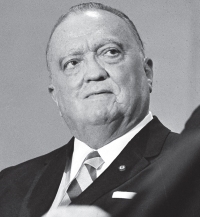
The impact of damage and disruption the FBI, state and local law enforcement have had on Black people is considerable, and the trauma continues to this day, said coalition representative Bilal Sunni-Ali.
“Cointelpro utilized unconstitutional tactics to ‘neutralize’ the ‘rise of a Black messiah’ among Black community organizers, whom they framed as threats,” Sunni-Ali said in a statement. “History has already revealed the involvement of federal and local law enforcement agencies in the assassination of leaders like Reverend Martin Luther King, Jr. and Al Hajj Malik El Shabazz (Malcolm X) and many others.
“The FBI with Cointelpro established a blueprint for government surveillance and disruption of democratic engagement by citizens which continues to haunt us till this day,” Sunni-Ali continued. “Today, Black and Brown organizers remain under surveillance by federal, state, and local law enforcement agencies, who often violate basic civil rights. HR 2998 will not only shed light on past abuses but will also help us correct the injustices, still ongoing today.”
The bill—introduced in May 2021 in the House by Representative Bobby Rush (D-Ill.) has been co-signed by 24 members of Congress. The bill was assigned to the Committee on Oversight and Reform, and concurrently to the Committee on Transportation and Infrastructure. Coalition partners will initially prioritize urging Congressional Representatives to join the list of co-sponsors, coalition leadership said during a webinar and panel discussion.
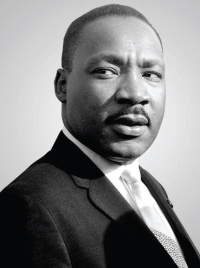
Hugh Esco, a member of the Georgia Green Party and Hena Zuberi, walked those on the March 25 webinar—themed “Expose the Lies: Full Disclosure of Cointelpro”—through how to use telephone calls, social media and other means to help make members of Congress become aware of the level and scope of support for this bill, while building up a solid core of constituent organizations nationally with which to pressure lawmakers to support HR 2998.
“The system is horrific, but we have to engage, build the movement and build momentum. When they hear from us, they’ll know that it’s more than a few people who care about this issue,” said Zuberi, a mother, wife, journalist and director of Justice For All, where she oversees its campaigns and advocacy efforts on Capitol Hill to stop the Rohingya and Uyghur genocides. She explained how the coalition could use the legislative toolkit to maximum effect.
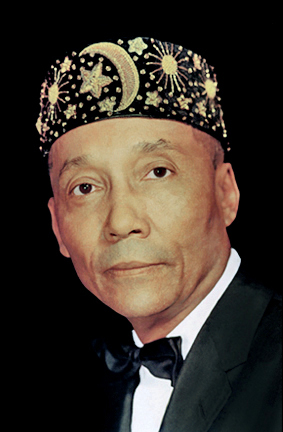
Mr. Esco agreed. “We want to generate 100 phones calls (at any given time),” he said. “It takes 270 votes to get the bill out of the House and 60 in the Senate. We want to take this link and spread it far and wide to communities, comrades, all around the country. Vision 2020’s goal was to identify at least 20 people in the Congress to support nuclear disarmament. We have to give them concrete steps to support effort, work on passage,” he said.
Other members of the coalition include: National Black Liberation Movement Unity Initiative, Defending Rights and Dissent, Ubuntu Institute, Georgia Green Party, Coalition Against Racism, CAIR Philadelphia, Imam Jamil Action Network, Black Workers For Justice, Muslims for Social Justice and others.
Such advocacy is vital and necessary, added Mr. Esco. “Thousands of people in streets are ignored except by cops. Our voices start to get heard when we overwhelm telephones, contact Congresspeople,” he said. “It took 40 years to bring this legislation. It took a former Panther to introduce this as he was walking out the door. It took 10-15 years for them to move past all the protections from the Church Commission. Exposing the foolishness and government crimes against the community will destroy the backlash.”
Mr. Esco explained to those on the webinar how organizations can embed code on their websites, share forms and invite and encourage others to become part of the coalition to expose Cointelpro. Zuberi, Esco and other members of the coalition said social justice activists who the FBI has erroneously labled “Black Identity Extremists,” in 2017, face the same level and danger from the threat the agency poses in the same way that Dr. King, Malcolm X, Ella Baker and the political prisoners involved in the Black liberation struggle and anti-war movements did in the 1960s and ‘70s.

“Millions of pages document the disruption, lies, murder, surveillance and harassment by U.S. law enforcement of Constitutionally protected community organizing,” the coalition said. “Like the murder of Breonna Taylor, a Louisville paramedic shot in her bed, or George Floyd, a loving father in Minneapolis who could not breathe, none of us are safe.”
And as revelations of FBI and law enforcement activities continue to show, they consider those social justice activists seeking to have cops held accountable and responsible for the insidious killings of primarily unarmed Black men, women and children as a threat to White America and the establishment.
“The FBI and Department of Homeland Security are at war with Black activists,” said Rashad Robinson, executive director of Color of Change, in an earlier interview responding to the extent of anti-Black surveillance activities in 2017. “The documents we’ve forced the federal government to release expose how these agencies are demonizing and intimidating Black activists—people who are rightly demanding that our country be more just—through coordinated and systemic surveillance.”
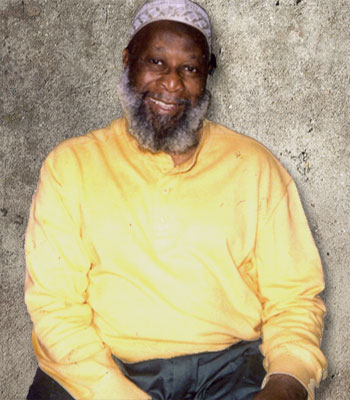
In May 2017, a District Court ordered the FBI and the Department of Homeland Security to produce documents detailing the surveillance. They were forced to turn over almost 7,000 pages of related documents.
Revolutionary activist and political prisoner Sekou Odinga shared some of his experiences and the brutality he experienced at the hands of law enforcement during the webinar.
“I was a soldier of the Black Liberation Army and became a political prisoner of war. There was, and still is, a war against people of color, especially Black people,” the 77-year-old father and grandfather said. “We’ve been at war since we were kidnapped from our homeland and forced to work for this vicious beast over here for free.”
While Cointelpro was created by then-FBI Director J. Edgar Hoover to infiltrate and suppress the Communist Party in the United States, “Hoover’s racist tendencies turned his attention towards us. King, Malcolm, the Black Panther Party was considered the most dangerous force in the U.S. so they spied, infiltrated and told lies about us,” Mr. Odinga said. The Honorable Elijah Muhammad and the Nation of Islam was also the target of the FBI’s nefarious program.
“The FBI’s war against Black activists was to prevent a leader coming up out of the Black community who could bring us all together. Unity was a ‘no-no’ in the Black community,” said Mr. Odinga, who joined the newly formed Organization of African Unity in 1965 and the Black Panther Party in 1967-68.
In 1981, Mr. Odinga recalled, he was running from the police, captured and charged with murder. He said cops put a bullet in the head of a brother he was with while he was lying face down on the ground. Mr. Odinga was arrested, detained, then beaten and tortured for six or seven hours, he said.
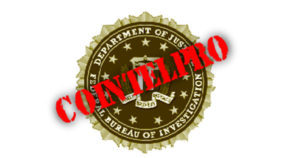
“My capture and torture was illegal, but judges did nothing,” he said. “They burned me with cigars, had my toenails ground off my feet. I was beaten up so badly that when the judge saw me, he ordered them to take me to the hospital.”
Mr. Odinga, who had joined the Black Liberation Army, was hospitalized for three months until police officers took him from his bed so he could be put on trial.
“The doctors tried to prevent them from taking me out of there, but they took me and put me on trial,” he said. “That type of oppression and vicious attacks was common but what they did to me was small compared to John, Bunchy and Fred Hampton, he said, referring to John Huggins and Bunchy Carter and Hampton, deputy chairman of the national Black Panther Party, and chair of the Illinois chapter, who was killed in his bed by Chicago police in December 1969.
Police arrested Mr. Odinga for attempted murder in 1981 after an alleged shootout with six officers in Queens. Investigators said then they believed the shootout was related to the robbery of a Brinks armored car. They claimed to have evidence tying Odinga to the robbery. He was also accused of helping free Assata Shakur, a fellow member of the Black Liberation Army, who was convicted of killing a New Jersey state trooper. He spent two-and-a-half years being tried in state and federal courts, was convicted of both crimes, sentenced to 25 years-to-life and was eventually freed from prison in November 2014.
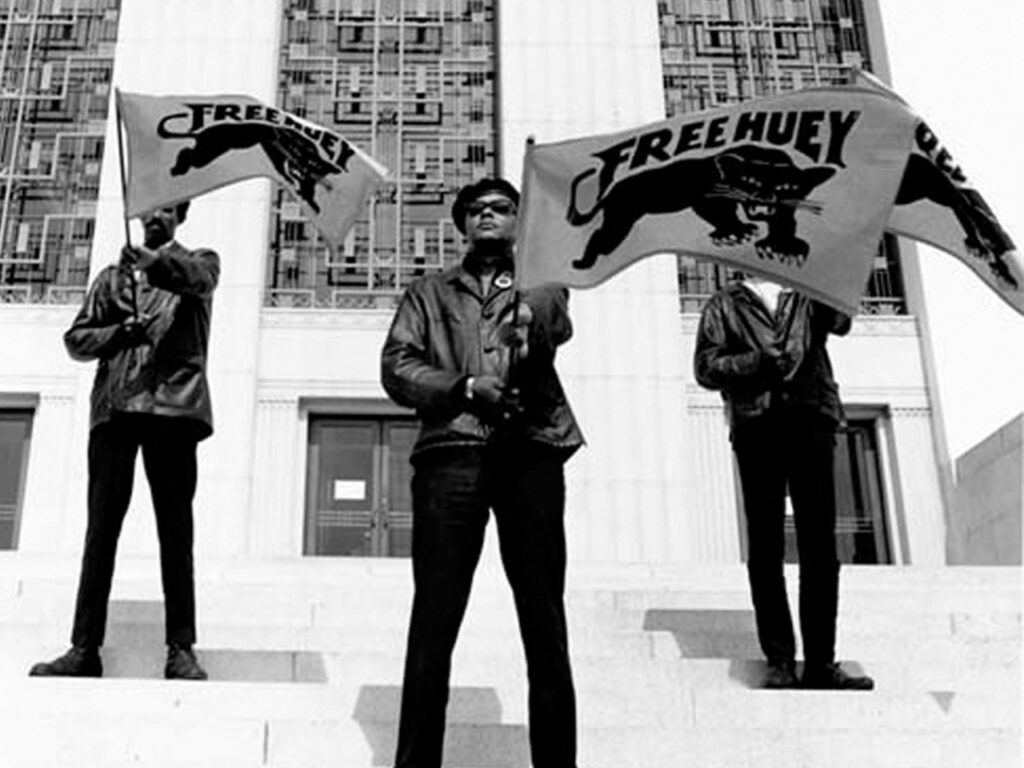
“All freedom fighters against oppressors produce political prisoners of the U.S. political empire,” Mr. Odinga declared. “We still have political prisoners who were in this struggle since the ‘60s. They’re still in there,” he said. “They were ensuring that we would never organize.”
Mr. Odinga named some political prisoners who are still incarcerated four–to-five decades after being jailed for fighting back against U.S. oppression and aggression against African Americans, Native American activists, Latinos and others.
They include Sundiata Akoli who is 84 and still in jail for allegedly killing a state trooper; Mutulu Shakur, sentenced to sixty years in prison for his involvement in a 1981 robbery of a Brinks armored truck in which a guard and two police officers were killed; Ed Poindexter; and Veronza Bowers, who in 1973 was convicted of murdering U.S. Park Ranger based on the testimony of two government informers who received lighter sentences from federal prosecutors for other crimes.
Mr. Odinga said Bowers—who has always proclaimed his innocence—has served his time but an attorney general under George Bush refused to set him free, so he’s been held without charge since then.
“He’s still in prison. Cointelpro still goes on oppressing us every day,” Mr. Odinga concluded.
For more information and to view the recording of the webinar, visit Justice For All on Facebook. Final Call Staff contributed to this report.













